To provide the best experiences, we use technologies like cookies to store and/or access device information. Consenting to these technologies will allow us to process data such as browsing behaviour or unique IDs on this site. Not consenting or withdrawing consent, may adversely affect certain features and functions.
The technical storage or access is strictly necessary for the legitimate purpose of enabling the use of a specific service explicitly requested by the subscriber or user, or for the sole purpose of carrying out the transmission of a communication over an electronic communications network.
The technical storage or access is necessary for the legitimate purpose of storing preferences that are not requested by the subscriber or user.
The technical storage or access that is used exclusively for statistical purposes.
The technical storage or access that is used exclusively for anonymous statistical purposes. Without a subpoena, voluntary compliance on the part of your Internet Service Provider, or additional records from a third party, information stored or retrieved for this purpose alone cannot usually be used to identify you.
The technical storage or access is required to create user profiles to send advertising, or to track the user on a website or across several websites for similar marketing purposes.
 The covid-19 pandemic has drastically affected every aspect of our lives, whether it be in a personal, societal, or professional sense. One of the biggest changes to come from the pandemic is the impact it has had on workplaces, and what we now know our working world to be, including the advent for the first time of widespread hybrid working. Long gone are the days of long commutes, long days in the office and set working hours. (more…)
The covid-19 pandemic has drastically affected every aspect of our lives, whether it be in a personal, societal, or professional sense. One of the biggest changes to come from the pandemic is the impact it has had on workplaces, and what we now know our working world to be, including the advent for the first time of widespread hybrid working. Long gone are the days of long commutes, long days in the office and set working hours. (more…)






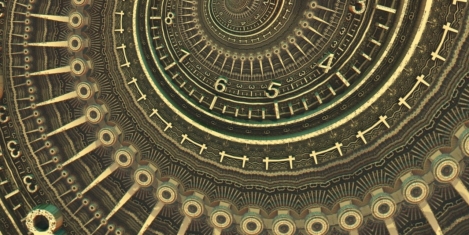





 The writer Alan Moore believes in magic. Not hocus-pocus magic, double double toil and trouble, but in the power of words and art to change reality and bring things into existence. It’s
The writer Alan Moore believes in magic. Not hocus-pocus magic, double double toil and trouble, but in the power of words and art to change reality and bring things into existence. It’s 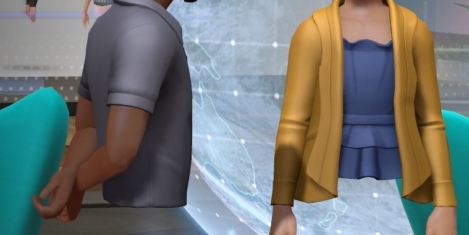
 Although the term ‘metaverse’ was coined in 1992 by science fiction novelist Neal Stephenson, it has only just entered the mainstream lexicon after
Although the term ‘metaverse’ was coined in 1992 by science fiction novelist Neal Stephenson, it has only just entered the mainstream lexicon after 



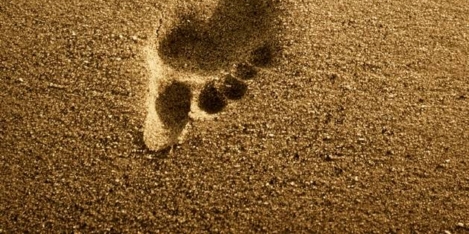

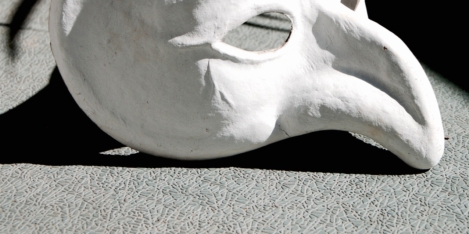

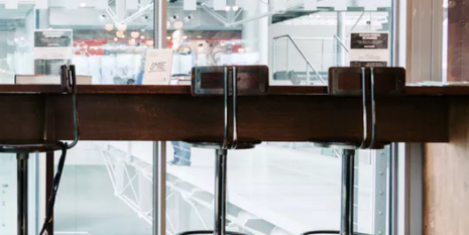
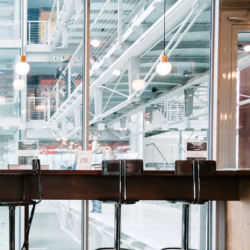 A couple of years ago, in the wake of a surge in self-care start-ups and viral diet fads, Forbes declared 2019 as the year of the
A couple of years ago, in the wake of a surge in self-care start-ups and viral diet fads, Forbes declared 2019 as the year of the 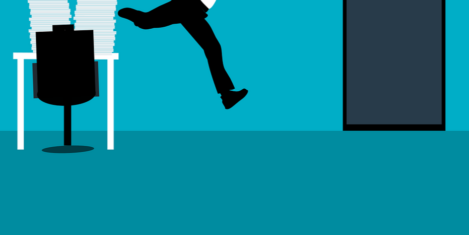
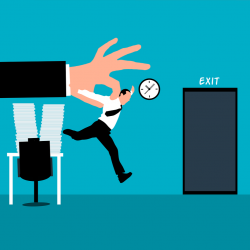 While the debate about working from home versus working in the office continues, should the real conversation focus on the implications for a typical knowledge worker? ‘Knowledge work’ is a term that dates back over sixty years. It’s said to be first coined by Peter Drucker in his 1958 book The Landmarks of Tomorrow. The business guru went on to talk about knowledge workers in a later book, The Effective Executive, in 1966. He defined them as ‘high-level workers who apply theoretical and analytical knowledge acquired through formal training, to develop products and services’.
While the debate about working from home versus working in the office continues, should the real conversation focus on the implications for a typical knowledge worker? ‘Knowledge work’ is a term that dates back over sixty years. It’s said to be first coined by Peter Drucker in his 1958 book The Landmarks of Tomorrow. The business guru went on to talk about knowledge workers in a later book, The Effective Executive, in 1966. He defined them as ‘high-level workers who apply theoretical and analytical knowledge acquired through formal training, to develop products and services’. 








March 3, 2022
What really happens when we start using offices again?
by Henry Stainton • Comment, Flexible working, Property